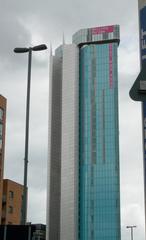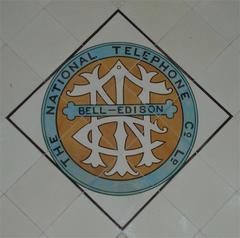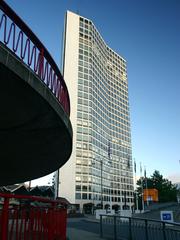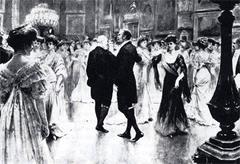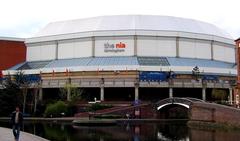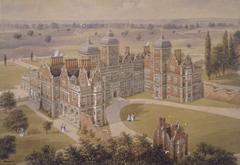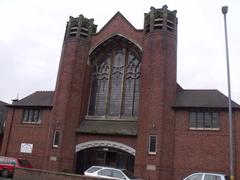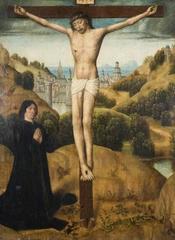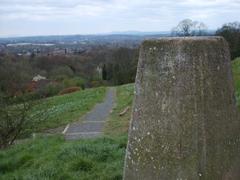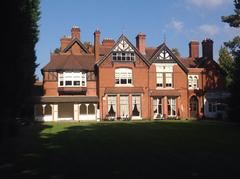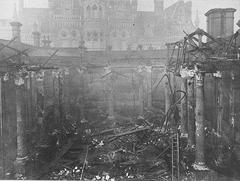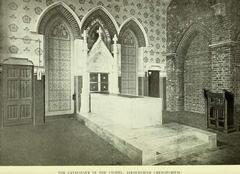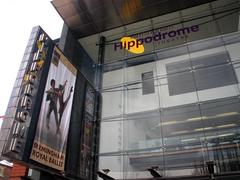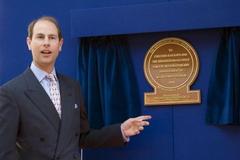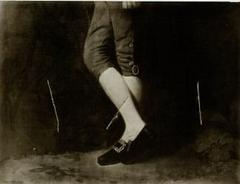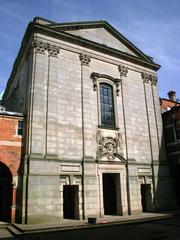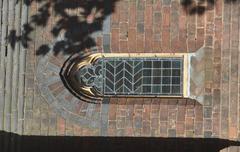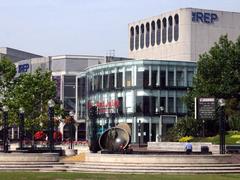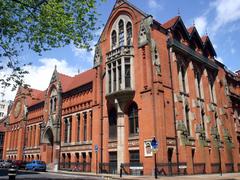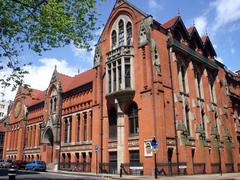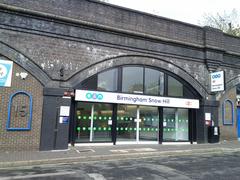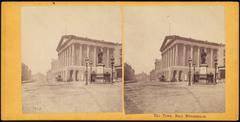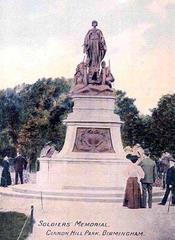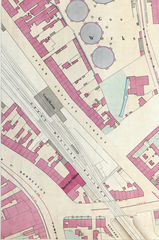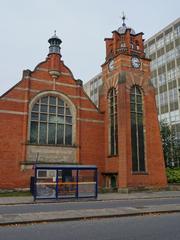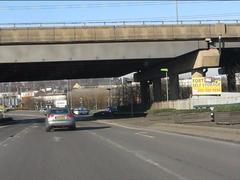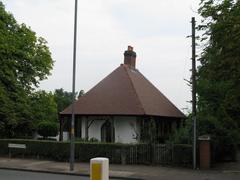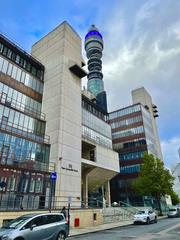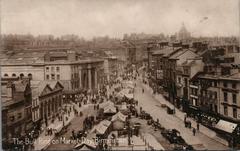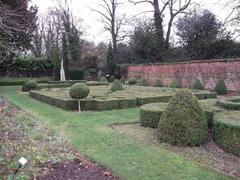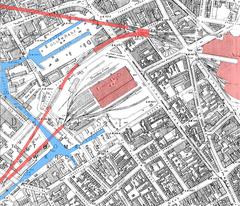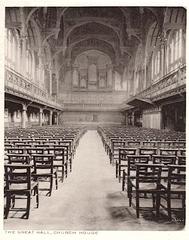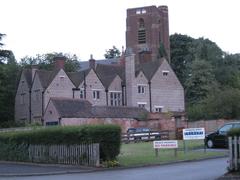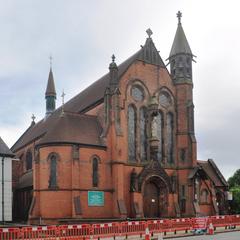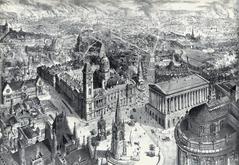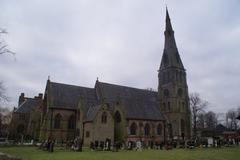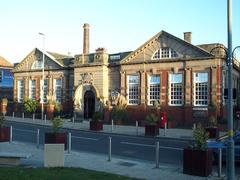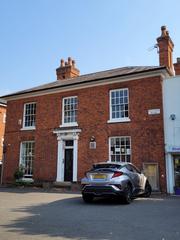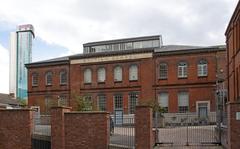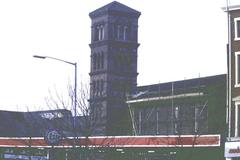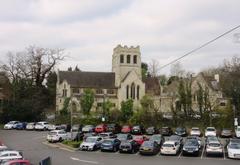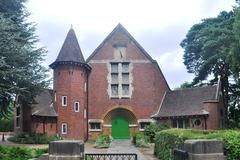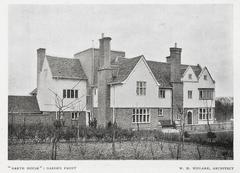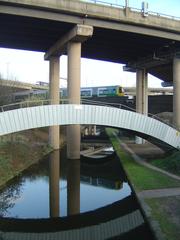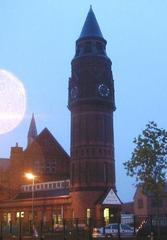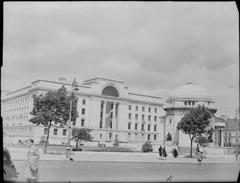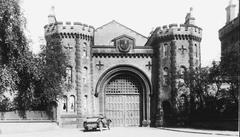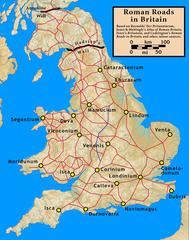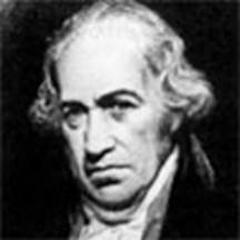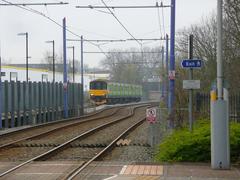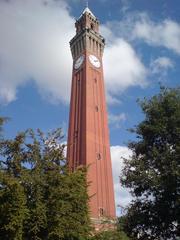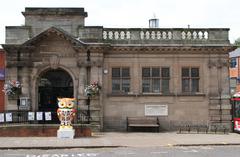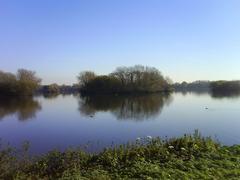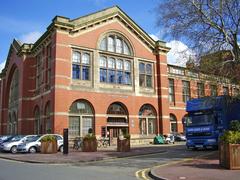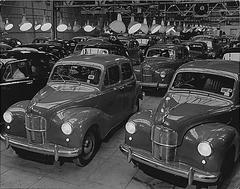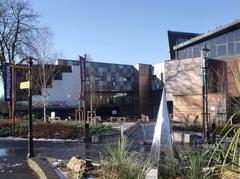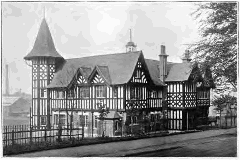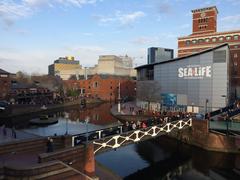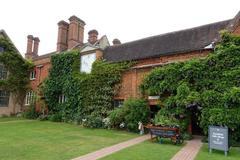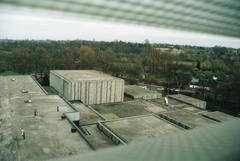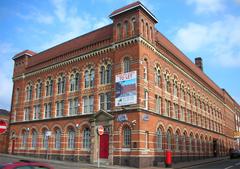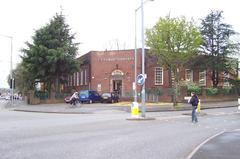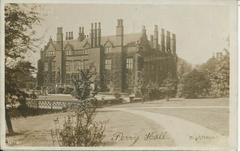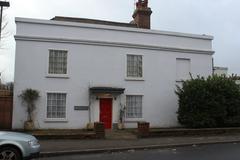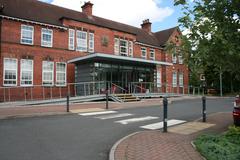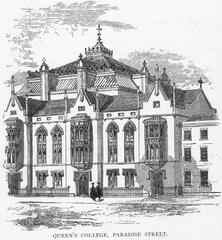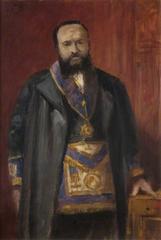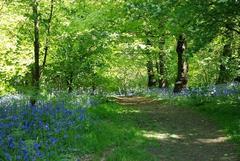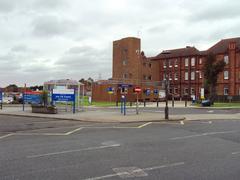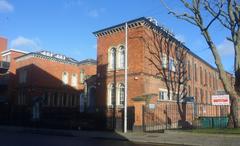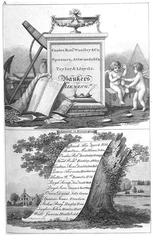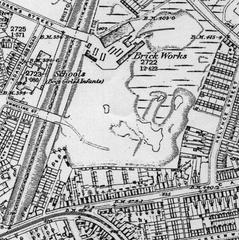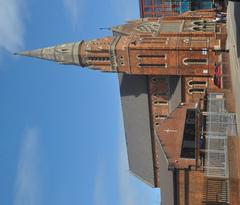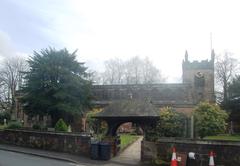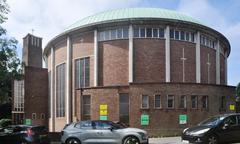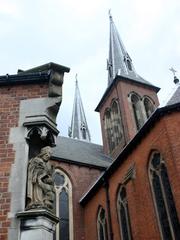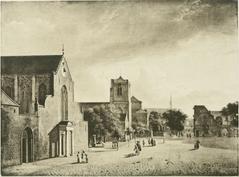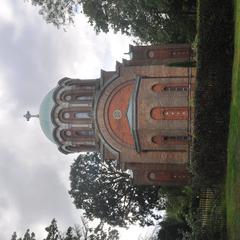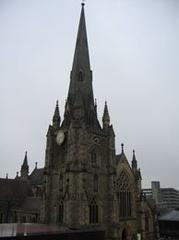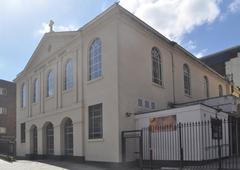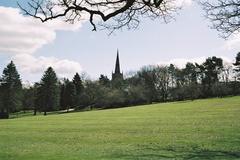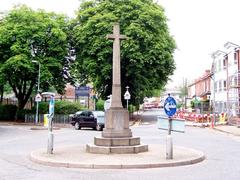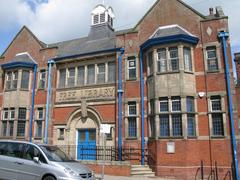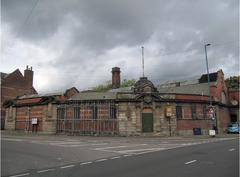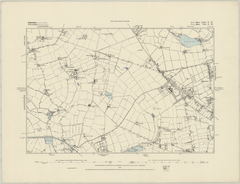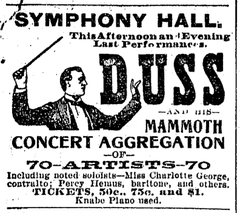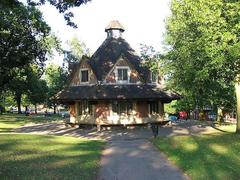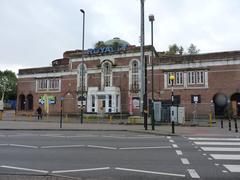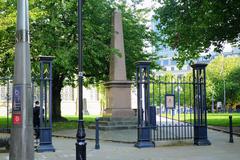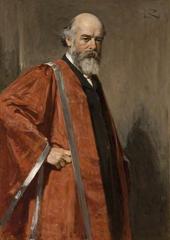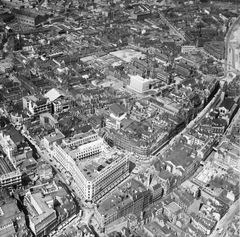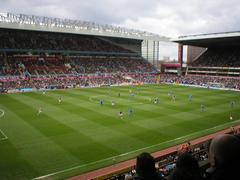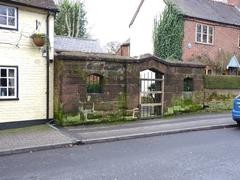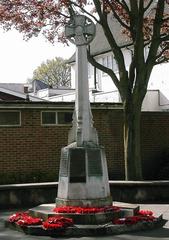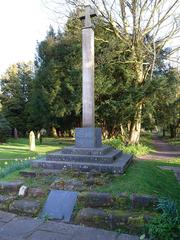Booth’s Farm Farmhouse Birmingham: Visiting Hours, Tickets, and History Guide
Date: 14/06/2025
Introduction
Booth’s Farm Farmhouse, located in the Great Barr area of Birmingham, United Kingdom, stands as a distinctive reminder of England’s rural heritage and industrial past. With roots dating back to the late 17th century, the farmhouse is renowned for its connection to William Booth, an infamous early 19th-century counterfeiter. Today, the site blends preserved historical foundations with interpretive signage, making it a fascinating destination for history buffs, families, and cultural tourists alike (Historic England; Walk Midlands).
This detailed guide provides all essential information for visiting Booth’s Farm Farmhouse, including practical tips on accessibility, tickets, transportation, nearby attractions, and opportunities for guided tours. Read on to discover how to make the most of your visit to one of Birmingham’s most intriguing historical sites.
Table of Contents
- Historical Overview
- Visiting Information
- Visuals and Media
- Frequently Asked Questions (FAQ)
- Conclusion and Call to Action
- References and Further Reading
Historical Overview
Origins and Early History
Booth’s Farm Farmhouse traces its origins to the late 1600s, when it formed part of the Perry Hall estate in Perry Barr, then within Staffordshire. The farmhouse, possibly incorporating elements of an earlier timber-framed structure, was emblematic of the rural, agricultural landscape that characterized the outskirts of Birmingham for centuries (Historic England).
William Booth and the Counterfeiting Scandal
In 1799, William Booth leased Booth’s Farm, quickly transforming it into the headquarters of his notorious counterfeiting operation. Amid the economic turbulence of the Napoleonic Wars, Booth and his gang — the “Perry Barr Coiners” — produced and distributed forged banknotes and tokens throughout Birmingham and the Black Country. A dramatic raid in 1812 led to Booth’s arrest, conviction, and eventual execution, cementing his place in Birmingham’s criminal annals (Walk Midlands; Wikipedia).
Architectural Features
The farmhouse was a substantial two-storey brick building with attics, notable for its symmetrical layout, gabled porch, and original interior features, including an oak staircase and agricultural implements. Though the structure was demolished in 1974, its foundations remain preserved and accessible as a local historical landmark (Historic England).
Modern Legacy
Following Booth’s era, the farm continued under various owners until the mid-20th century, when urban development enveloped the area. Today, the site is part of a modern housing estate but commemorated with preserved foundations, interpretive boards, and street names such as Booths Lane and Forgers Walk. Artifacts from Booth’s counterfeiting days are displayed in both the Birmingham Museum & Art Gallery and the British Museum (Walk Midlands).
Visiting Information
Visiting Hours and Tickets
Booth’s Farm Farmhouse is an open-air historical site, accessible year-round without charge. The preserved foundations and informational signage are available during daylight hours (approximately 9:00 AM to 6:00 PM, varying seasonally). No tickets or advance booking are required.
Note: Booth’s Farm Farmhouse is private property, and only the exterior and foundations are viewable from public footpaths. Interior access is not available.
Accessibility and Facilities
- Wheelchair Access: Paved paths around the site allow for wheelchair and pushchair access.
- Restrooms: Public toilets and facilities are located at nearby community centers.
- Parking: On-street parking is available on Booths Lane and surrounding roads.
Getting There and Nearby Attractions
- Public Transport: The site is well-served by buses from Birmingham city center and surrounding districts. The nearest major road is Walsall Road (A34).
- Nearby Attractions: Consider visiting Perry Hall Park, the Birmingham Museum & Art Gallery, or Aston Hall for further heritage experiences (Birmingham Museums; Aston Hall).
- Dining: The nearby Manor Farm pub offers family-friendly meals and a welcoming atmosphere (Manor Farm Pub).
Guided Tours and Events
While Booth’s Farm Farmhouse does not host regular events, local history groups sometimes organize guided walks that include the farmhouse and other heritage sites. Check local listings or the Birmingham City Council’s events calendar for updates (Visit Birmingham Events).
Visuals and Media
On-site, you’ll find illustrated panels with historical images and maps. For further exploration, the Birmingham Museums website and Peak Boutique Properties provide photos, maps, and occasionally virtual tours.
Frequently Asked Questions (FAQ)
Q: Is Booth’s Farm Farmhouse open to the public?
A: Only the exterior and remains are accessible from public footpaths; the farmhouse interior is not open to visitors.
Q: Are tickets or reservations required?
A: No. The site is free to visit and does not require tickets.
Q: What are the visiting hours?
A: The outdoor site is accessible daily during daylight hours, generally 9:00 AM to 6:00 PM.
Q: Are there nearby facilities and parking?
A: Yes, on-street parking and public restrooms are available at nearby community centers.
Q: Are guided tours available?
A: Occasionally, yes. Local history societies organize walks that feature the farmhouse. Check event listings for details.
Q: Is the site suitable for children?
A: Yes, the outdoor space and interpretive signage make it family-friendly.
Conclusion and Call to Action
Booth’s Farm Farmhouse is an enduring symbol of Birmingham’s rural origins and its colorful, sometimes dramatic, past. Although interior access is restricted, the preserved foundations and educational signage offer meaningful insight into the city’s evolution from farmland to industrial powerhouse. Combine your visit with other nearby heritage attractions for a full day of exploration.
For more details, maps, and interactive guides, download the Audiala app. Stay up to date with local events, and share your experience to support heritage preservation in Birmingham.
References and Further Reading
- Historic England
- Walk Midlands
- Wikipedia: William Booth (forger)
- Birmingham City Council Heritage List
- Tourism Notes: Cultural Tourism
- Peak Boutique Properties
- Birmingham Museums
- Audiala app
- Aston Hall
- Manor Farm Pub
- Visit Birmingham Events
- Day Out With The Kids
